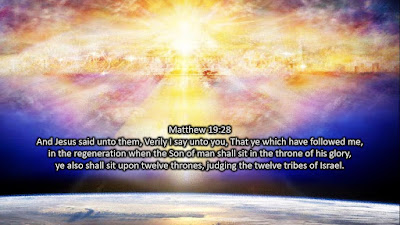Understanding the Gap: The Mystery Period in God’s Plan
Throughout history, biblical prophecy has painted a clear picture of God’s plan for Israel. From the coming of the Messiah to the promised kingdom, prophecy repeatedly highlighted the sequence of events that were expected to unfold. However, what was never foreseen or mentioned by the prophets was an intervening period—a hidden mystery revealed only through the Apostle Paul. This period, often referred to as the "gap," marks a unique dispensation in which the body of Christ operates under grace, distinct from Israel’s prophetic timeline.
The Gap: A Mystery Kept Secret
One of the most remarkable aspects of the gap period is its complete absence from Old Testament prophecy. If one studies scripture from Adam through the life of Jesus and even into the early chapters of Acts, there is no mention of this time period. The prophetic writings consistently detail Israel’s future, outlining the coming of their Messiah, a time of tribulation, and the eventual establishment of the millennial kingdom.
Had Israel accepted their Messiah, Jesus would have returned, the tribulation would have taken place, and the kingdom would have been established as prophesied (Isaiah 9:6-7; Daniel 9:26). In such a scenario, the grace period—the gap—would never have existed. Yet, because Israel rejected their Messiah, the fulfillment of prophecy was delayed (John 1:11; Luke 19:14). Because of Israel’s unbelief, God ushered in a completely unforeseen era: the mystery period, during which the body of Christ operates under grace (Romans 11:11; Acts 13:46). This grace dispensation was never revealed in prophecy but was kept secret by God (Romans 16:25; Ephesians 3:3-5; Colossians 1:25-26). In this new dispensation, salvation was extended to the Gentiles apart from Israel’s prophetic program (Romans 11:25; Colossians 1:26).














